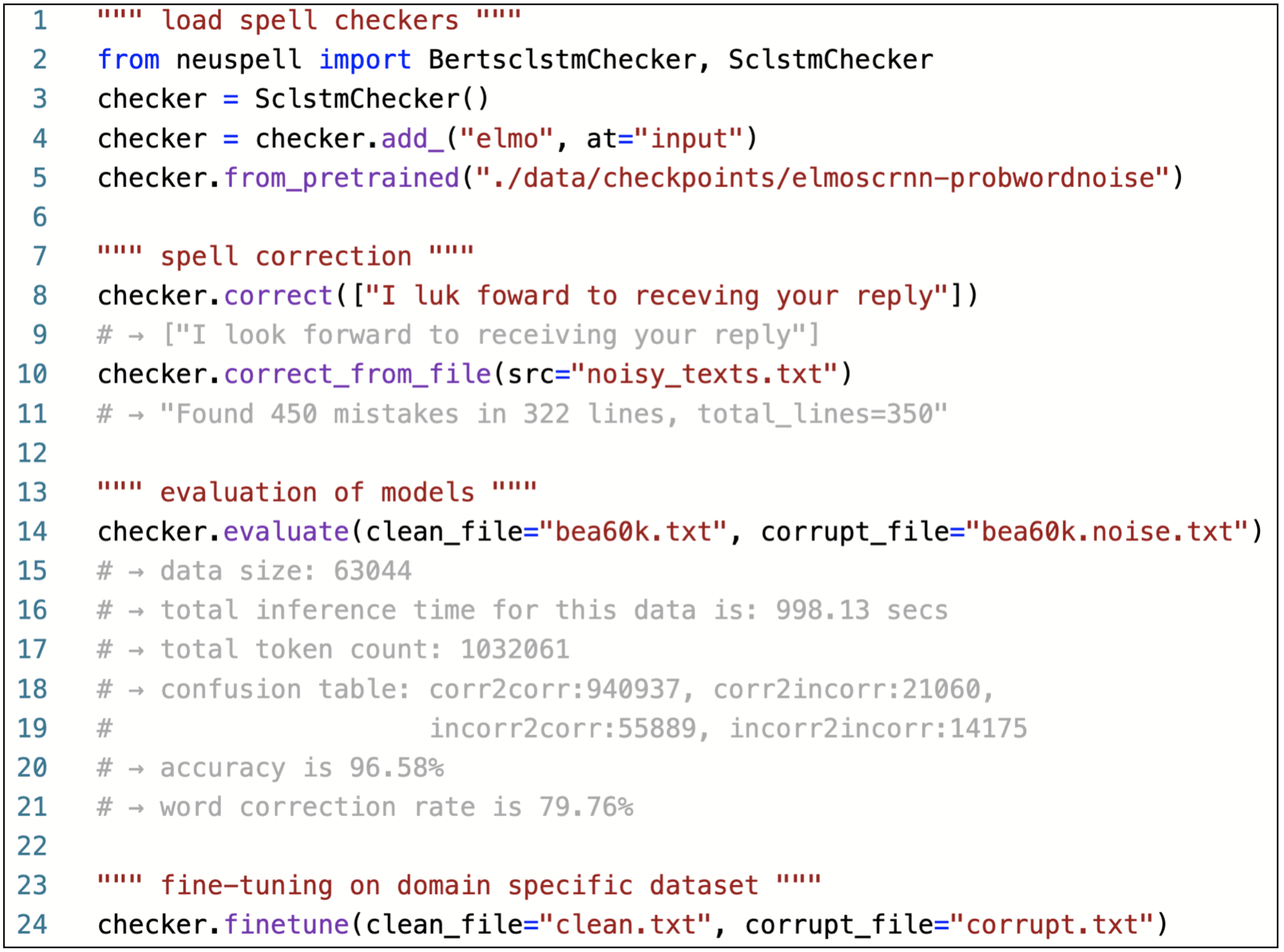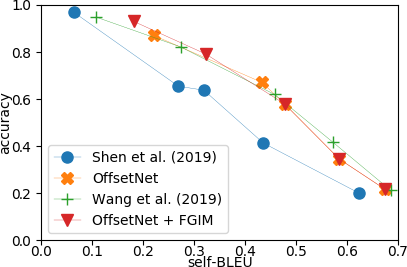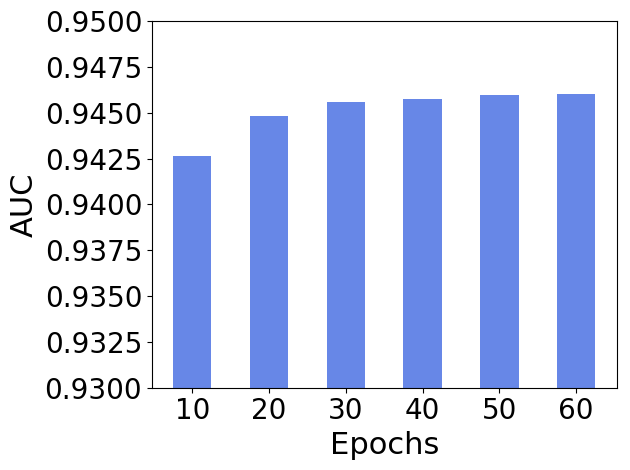A Preliminary Exploration of GANs for Keyphrase Generation
Avinash Swaminathan, Haimin Zhang, Debanjan Mahata, Rakesh Gosangi, Rajiv Ratn Shah, Amanda Stent
Summarization Short Paper

You can open the pre-recorded video in a separate window.
Abstract:
We introduce a new keyphrase generation approach using Generative Adversarial Networks (GANs). For a given document, the generator produces a sequence of keyphrases, and the discriminator distinguishes between human-curated and machine-generated keyphrases. We evaluated this approach on standard benchmark datasets. We observed that our model achieves state-of-the-art performance in the generation of abstractive keyphrases and is comparable to the best performing extractive techniques. Although we achieve promising results using GANs, they are not significantly better than the state-of-the-art generative models. To our knowledge, this is one of the first works that use GANs for keyphrase generation. We present a detailed analysis of our observations and expect that these findings would help other researchers to further study the use of GANs for the task of keyphrase generation.
NOTE: Video may display a random order of authors.
Correct author list is at the top of this page.
Connected Papers in EMNLP2020
Similar Papers
CAT-Gen: Improving Robustness in NLP Models via Controlled Adversarial Text Generation
Tianlu Wang, Xuezhi Wang, Yao Qin, Ben Packer, Kang Li, Jilin Chen, Alex Beutel, Ed Chi,

NeuSpell: A Neural Spelling Correction Toolkit
Sai Muralidhar Jayanthi, Danish Pruthi, Graham Neubig,

Plug and Play Autoencoders for Conditional Text Generation
Florian Mai, Nikolaos Pappas, Ivan Montero, Noah A. Smith, James Henderson,

HABERTOR: An Efficient and Effective Deep Hatespeech Detector
Thanh Tran, Yifan Hu, Changwei Hu, Kevin Yen, Fei Tan, Kyumin Lee, Se Rim Park,
